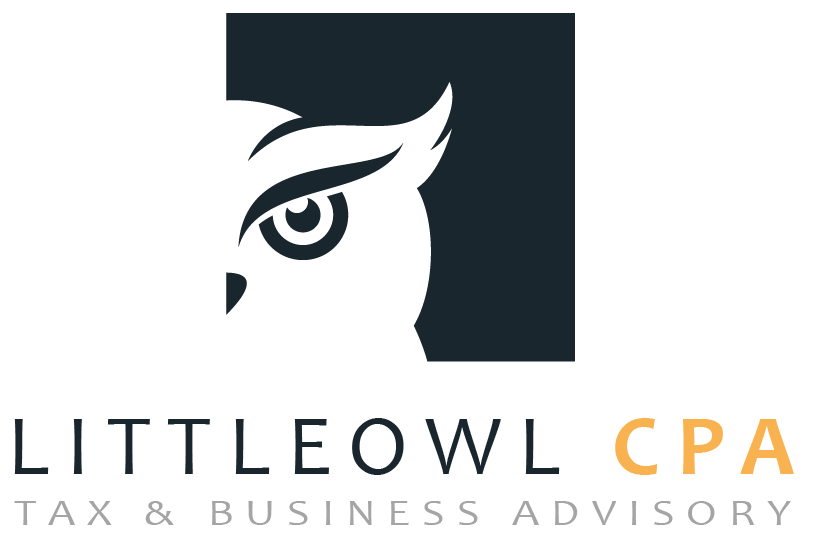Wealth preservation is a crucial aspect of tax planning for high-net worth families. While building wealth is an accomplishment, ensuring its smooth transition across generations requires careful consideration and strategic tax planning. Family wealth transfers can be subject to significant tax implications, but with the right strategies in place, individuals can optimize their financial legacies. Let’s explore effective tax planning strategies that facilitate wealth preservation through family wealth transfers.
Establish a Comprehensive Estate Plan
A comprehensive estate plan is the foundation of effective wealth preservation. It involves creating a will, establishing trusts, and designating beneficiaries for various assets. By developing a clear roadmap for asset distribution, you can minimize estate taxes and ensure that your wealth is transferred according to your wishes.
Utilize Lifetime Gifts
Lifetime gifting is a powerful tax planning strategy that allows individuals to transfer assets to their beneficiaries while minimizing estate taxes. By gifting assets during their lifetime, individuals can take advantage of annual gift tax exclusions and reduce the value of their taxable estate. Additionally, lifetime gifting enables individuals to witness the impact of their gifts and provide financial assistance when it is most needed.
Establish Trusts
Trusts offer numerous benefits when it comes to wealth preservation and tax planning. Irrevocable life insurance trusts (ILITs) can help minimize estate taxes on life insurance proceeds. Grantor retained annuity trusts (GRATs) and qualified personal residence trusts (QPRTs) enable you to transfer assets with reduced tax consequences. By utilizing trusts strategically, you can protect your wealth while ensuring its smooth transfer to future generations.
Take Advantage of Family Limited Partnerships (FLPs)
Family limited partnerships (FLPs) are a popular tool for transferring family wealth. By establishing an FLP, you can consolidate family assets and distribute ownership interests to family members. This strategy not only facilitates wealth preservation but also provides asset protection and potential income tax benefits
Maximize the Generation-Skipping Transfer Tax (GSTT) Exemption
The GSTT is a tax levied on wealth transfers to beneficiaries who are two or more generations below the transferor. By utilizing the GSTT exemption, you can transfer a significant amount of wealth to your grandchildren or future generations without incurring excessive tax liabilities. Maximizing this exemption can be achieved through strategic gifting and the use of dynasty trusts.
Leverage Charitable Giving
Charitable giving not only benefits the causes you care about but can also play a role in wealth preservation and tax planning. By establishing charitable remainder trusts (CRTs) or charitable lead trusts (CLTs), you can make substantial contributions to charitable organizations while gaining tax advantages. Charitable contributions can help offset potential estate tax liabilities and leave a lasting legacy.
Review and Update Your Estate Plan Regularly
It is essential to review and update your estate plan regularly to ensure it remains aligned with your goals and the changing tax laws. Family circumstances, tax regulations, and financial landscapes may change over time, making periodic estate plan reviews crucial. By staying proactive and seeking professional guidance, you can make necessary adjustments and preserve your family’s wealth effectively.
Wealth preservation through family wealth transfers requires proactive tax planning strategies. By utilizing techniques such as lifetime gifting, trusts, FLPs, GRATs, life insurance, and charitable planning, individuals can navigate tax implications and optimize their financial legacies. With careful planning and implementation, families can ensure the smooth transition of wealth while minimizing tax burdens, preserving assets, and leaving a lasting financial legacy for future generations.
If you have questions about how this topic will impact you, Team LittleOwl CPA is here to help. Schedule a discovery call today!

About Tabitha Regan
Tabitha Regan is the Founder and CEO of LittleOwl CPA. She is a Certified Public Accountant, Certified Financial Planner™ and Personal Financial Specialist. In her 16+ year career span, she has developed an expertise in the specific needs of small businesses and busy professionals with accounting, tax and advisory services.


